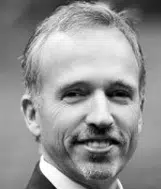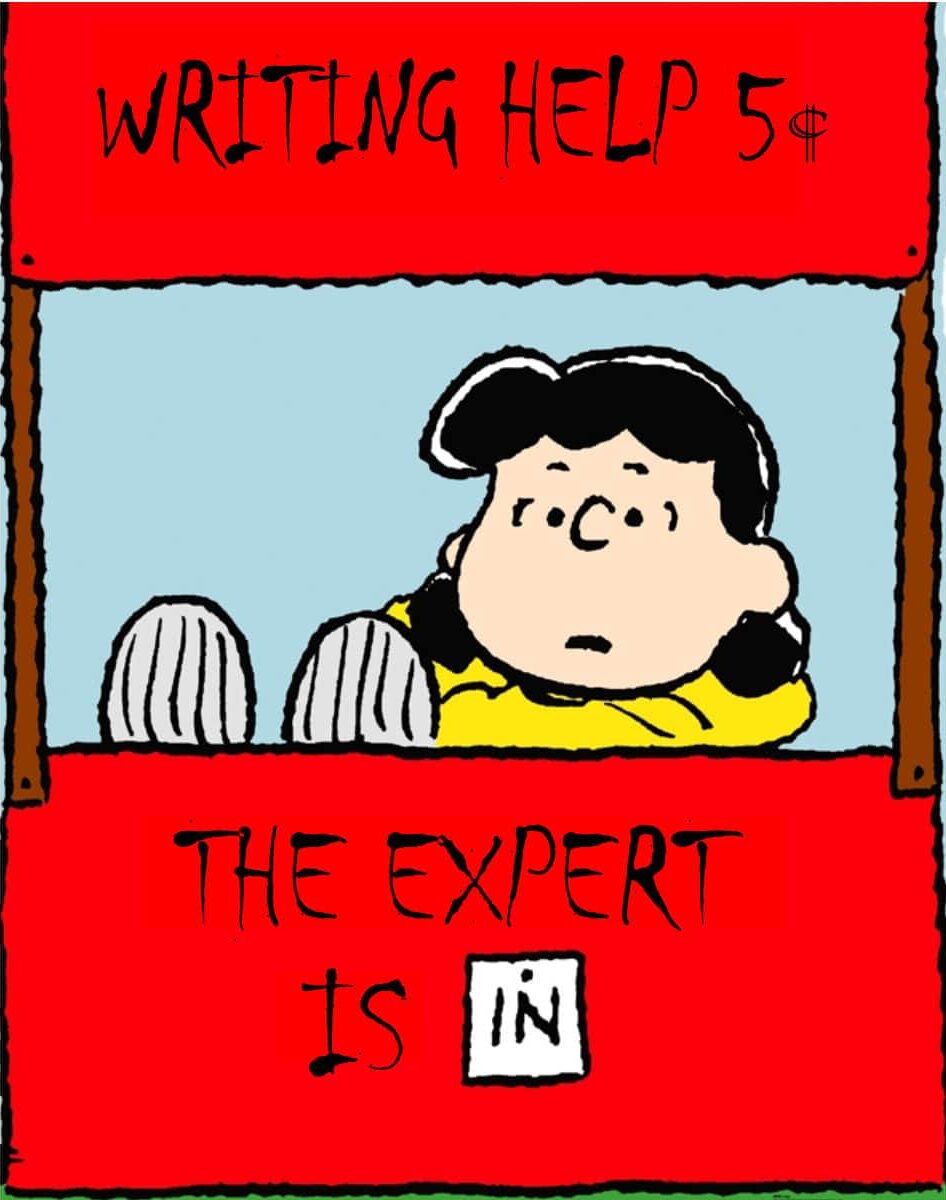by Bryan Heathman
Have you dreamed about writing a book? Getting your book into the marketplace has just become easier than it ever has been in the history of writing. For the first time ever, you can pen your prose and publish to the world at large in about as much time as it takes to bake a cake (Okay, maybe a little longer).
Gone are the days of traditional publishing: writing your book proposal, shopping for an agent, pushing your manuscript to 47 publishing houses, signing away your copyright (and the bulk of your revenue), hiring a publicist, and running the grueling circuit of a PR tour – all for the glory of being a “published author.” There’s no more need for a middle man when it comes to publishing your cherished work.
Or is there?
Let’s say you are indeed an author. You’ve just finished writing your book. It took you a year to finally get your best ideas into manuscript form, scribbling into the wee hours while your friends are out doing… well, whatever normal people do on a Saturday night.
Finally the last comma is in place, and your weekly writers group has given your book the coveted Seal of Peer Approval. In fact your work is so polished, you’re bored with it. But you’re excited to get it in front of millions of readers, who of course will become millions of raving fans just as soon as you can figure out how to actually get your book out there.
What’s the first thing you do? Well, if you’re like most first-time authors, you give your book a title, grab some swell stock imagery, throw a dart at a price-tag, and upload your book to Kindle Direct Publishing. And then you wait. And wait. And wait some more, wondering why your royalty statement is producing big goose eggs. So when will your sales reports hatch into real, hard numbers?
Welcome to the plight of the vast majority of self-published authors.
It’s only during the fourth week after you pushed the GO button that you realize your book’s title has a typo in it, or you’ve misplaced a period in the “Ph.D.” after your name (these are real stories from real self-published authors). You also start to wonder if pricing your book at $99 dollars instead of 99 cents was a good idea. Many people read “Self Publishing for Dummies” and then start to wonder what went wrong after they hit the big green “Publish” button.
Tapping the Price Experts
Do you know the perfect pricing formula for a book? How do you find the perfect price point for your book? How is the physical book pricing related to ebook pricing? Most authors are in love with their work and want to price it confidently. They grab a number from one of their favorite books and throw it at the wall to see if it sticks. Such an approach makes for a tangled mess. It’s not long before we’re back to wondering why we keep seeing zeros on the sales report.
The odds are high that you’re an incredible writer, but not a publishing expert. Did you know that it takes a team of 30 people to get a book onto the shelves of a bookstore? How are you supposed to know what your book should cost? Here are some practical tips to consider when determining your book pricing.
Let me encourage you to price your book confidently. You actually can sell it for a higher price if you have a focused audience. But what authors don’t understand is that if you price your book at a lower price point, counter intuitively it does not create more demand for your book. In fact, often a lower price has the opposite effect. Here are a few book pricing tips to price your book like a publishing pro.
Sell For a Higher Price If…
Your topic is exclusive or about a celebrity
You are a celebrity with a major audience
You are highly credentialed or experienced
You are revealing guarded secrets
Your topic is in high demand
You have an incredible marketing strategy to launch your book
Sell for a Lower Price If….
You are writing a series of books
You are breaking into a marketplace of avid readers, like sci-fi or romance
Amazon is not the only game in town when it comes to book distribution, but they have significant influence over book pricing. Amazon does offer massive sales potential if you play the game intelligently. Therefore it’s worth giving it special attention here.
Publishing with Kindle Select is one way that authors drive traffic to their book title. The program’s main benefit is that your book is free for 5 days, sometimes generating a ton of traffic if promoted correctly. The problem is that you’re required to publish the book exclusively with Kindle Select for 90 days, and the exclusive status is set to auto-renew unless you remember to turn that feature off. After you give away your ebook for free for 5-days, where should you price it after the promotion? $.99? $3.99? $11.99?
One of the little known pieces of research is this: sadly, people who download free ebooks generally don’t read them. Your cherished manuscript just sits on someone’s tablet or phone, collecting digital dust. It languishes between the second volume of the Harry Potter saga and a scanned copy of War & Peace. Unless you’re blessed with uncommon celebrity and awesome cover artwork, don’t give your book away for free unless you have a strategy behind your pricing plan. Your accountant will thank you.
One pricing study from $12 million of ebook sales suggests the optimal ebook price point is $3.99. But is that the optimal price for a 196 page book priced at $17.99? Or is it the perfect ebook pricing for a 450 page hard cover book priced at $29.99? What about a children’s book or an electronic-only cookbook? This is where the guidance of a publisher, a battle scarred author or agent can yield rich dividends for your writing endeavors.
After pricing over 1,500 book derivatives, here are the questions we ask to determine the perfect pricing:
• How famous is the author?
• What is the genre of the book? What is true for a serial sci-fi novel may not be true for a business book.
• Will the book get reviewed by a respectable Reviewer?
• Has the book been submitted for awards?
• What is the page count of the book (or word count of the ebook)?
• What marketing endeavors will support the book launch?
• Will the physical book be sold into retailers?
Book pricing is part art and part science. Since you have invested a year of your late-night Saturday nights pounding the keyboard, spend some time researching the pricing strategy of books in your genre (over time). Don’t you think your book deserves the best possible chance of getting read? When you take the time to understand your marketplace, you can beat the odds and increase your chances for impressive royalties.
Bryan Heathman is the President of Made for Success. He works with bestselling authors and consultants which have included the late Zig Ziglar, Donald Trump and John C. Maxwell in the role of publisher and marketer. Bryan is the author of Conversion Marketing, a marketing book on converting website visitors into paying customers. Bryan’s Fortune 500 experience includes working for Microsoft, Eastman Kodak and Xerox.
Microsoft, Eastman Kodak and Xerox.

